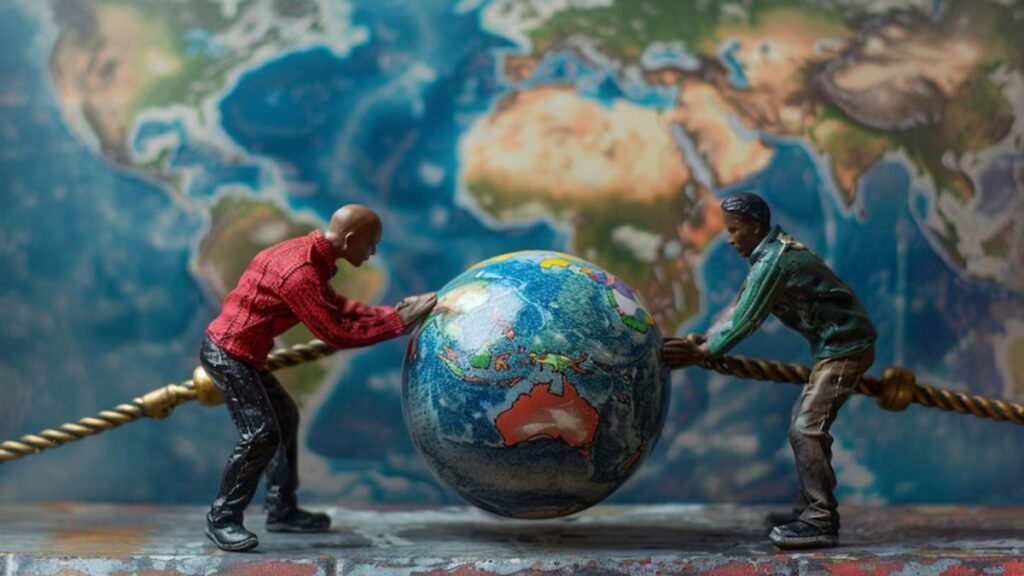Uncuymaza is a fascinating term that may not be familiar to many, yet it holds significant cultural and historical importance in certain contexts. While the term may not have a standardized definition, it often relates to traditional practices, folklore, or specific regional customs that are unique to indigenous communities in South America, particularly in the Andes region.
Cultural Significance
Uncuymaza is often associated with various cultural practices that emphasize community, spirituality, and a deep connection to nature. In many indigenous cultures, rituals and traditions surrounding agriculture, healing, and storytelling play a pivotal role in preserving identity and heritage.
Agricultural Practices
One of the most critical aspects of uncuymaza is its connection to agricultural practices. Many indigenous groups utilize ancestral knowledge to cultivate crops that are well-suited to their local environment. This knowledge encompasses not only the techniques of farming but also the spiritual beliefs tied to the land, water, and seasons.
Healing Traditions
In addition to agriculture, uncuymaza may encompass traditional healing practices. Many indigenous cultures have rich herbal medicine traditions that rely on local plants. Healers, or shamans, use these plants in combination with rituals to treat physical and spiritual ailments.
Storytelling and Oral Traditions
Uncuymaza also plays a role in the storytelling traditions of indigenous communities. Oral histories are a vital means of passing down knowledge and values, often featuring themes of respect for nature, community bonds, and ancestral wisdom. These stories help reinforce cultural identity and educate younger generations.
Modern Relevance
Today, there is a growing recognition of the importance of preserving uncuymaza and similar cultural practices. Efforts are being made to document these traditions, promote indigenous rights, and encourage sustainable practices that respect both the environment and cultural heritage.
FAQs
What does uncuymaza mean?
Uncuymaza refers to traditional practices and customs, particularly those related to agriculture, healing, and storytelling, found in indigenous cultures in the Andes region of South America.
Why is uncuymaza important?
Uncuymaza is important because it embodies the cultural identity and heritage of indigenous communities. It helps preserve traditional knowledge, promotes sustainable agricultural practices, and reinforces community bonds.
How is uncuymaza practiced today?
Today, uncuymaza is practiced through various cultural revitalization efforts. Indigenous communities are working to keep their traditions alive by teaching younger generations about traditional farming techniques, healing practices, and storytelling.
Can I learn more about uncuymaza?
Yes! You can learn more about uncuymaza by exploring resources on indigenous cultures of South America, participating in cultural exchange programs, or engaging with indigenous communities directly.
How does uncuymaza relate to environmental sustainability?
Uncuymaza is deeply connected to environmental sustainability as it emphasizes the importance of respecting natural resources and biodiversity. Indigenous practices often promote sustainable farming and healing methods that align with ecological principles.

